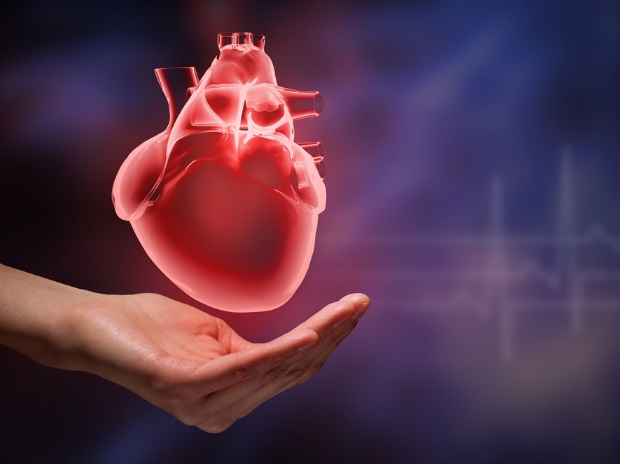Gender transition hormone therapy may increase cardiovascular risk: Study

A new study revealed that patients receiving hormone therapy as a part of their gender-transition treatment are at an elevated risk of developing cardiovascular diseases , including strokes, heart attacks and blood clots. The study was published in 'Circulation: Journal of the American Heart Association'. The results are based on an analysis of medical records of 3,875 Dutch individuals who received hormone treatment between 1972and 2015 as part of their gender transition. "In light of our results, we urge both physicians and transgender individuals to be aware of this increased cardiovascular risk," said study author Nienke Nota. "It may be helpful to reduce risk factors by stopping smoking, exercising, eating a healthy diet and losing weight, if needed before starting therapy, and clinicians should continue to evaluate patients on an ongoing basis thereafter," Nota added. Past research has shown that hormone therapy increases cardiovascula...







